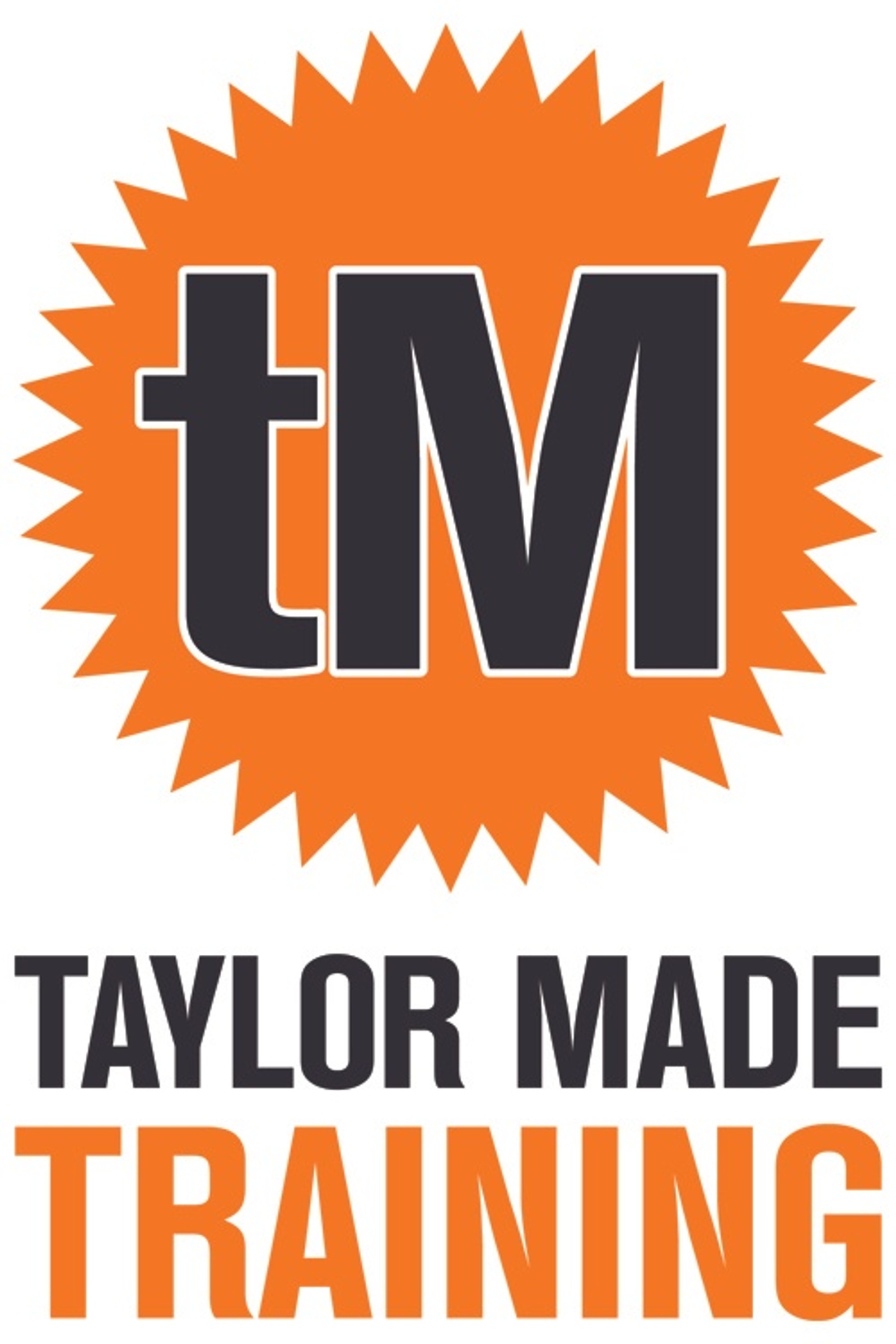Dealing with the Aftermath: A fresh approach to responding to the impact of suicide in different settings Online Workshop Series
Event description
Are the current suicide postvention response models, critical incident plans and bereavement support services fit for purpose and culturally responsive so to be effective in reducing the potential of suicide contagion?
The impact of a suicide on whānau and hapū, friends, work colleagues and communities is both profound and enduring with many experiencing a more complicated grieving process that is compounded further by the stigma of suicide or mental illness.
Suicide brings a heightened risk of further suicide within whānau. Intergenerational suicide contagion is now recognised as a significantly increased risk factor, with some research indicating that history of suicide in immediate family can increase suicide risk tenfold. Postvention responses need to focus on intergenerational suicide as well as suicide clusters. According to Shneidman, postvention is "prevention for the next generation."
It is essential that those providing support to those bereaved by suicide are not just competent in bereavement care but also in being able to assist individuals or the whānau to make sense of the death in ways that may lessen the potential of suicide contagion within the whānau. The same principles can be applied to settings such as schools, workplaces and communities.
Online workshop delivery
The online workshop format for TaylorMade workshops is delivered via Zoom in modules. A one day in-person workshop is delivered online in three modules which are held weekly. The length of each module is 3 hours.
This workshop will be delivered on Mondays 4, 11 & 18 November 2024 - 9.30am to 12.30pm.
Workshop Description
Primary Aims of Postvention:
- Minimise the risk of suicide contagion and mitigate the impact of the suicide death
- Promote healthy recovery in whānau, social networks, settings or communities
Our understanding about effective suicide postvention continuously evolves as more research and evaluation has been undertaken. Hear why suicide postvention specialist and programme evaluator, Barry Taylor believes there needs to be a review of how we deliver postvention services and where the focus should be. Based on his suicide postvention work in Australia, he conceptualised, designed and established the Wellington Region Suicide Postvention Response Service over 10 years ago, a model which postvention response services around the country is based. As with many programmes there is always a challenge with replication and transferability of models.
Drawing on the contemporary research and thinking in postvention Barry will offer an outcome framework for the provision of suicide postvention in settings such as schools, mental health NGOs and workplaces or community based suicide postvention inter-agency collaborations.
This workshop aims to build understanding of effective strategies to respond to a death by suicide in different settings: whānau & hapū, ethnic groupings, schools, workplaces, organisations and communities. The workshop also outlines the differences between suicide postvention and suicide bereavement support and how best to manage the tensions between the two approaches as well as providing an overview of effective strategies for supporting those bereaved by suicide.
The principles, objectives and activities of suicide postvention will be discussed. In addition the assessing risk of contagion, postvention mapping, community postvention risk audit, developing an at-risk registry and the roles and responsibilities of community postvention action groups will be covered.
Topics covered:
- Assessing the risk of suicide contagion
- Postvention mapping
- Difference between postvention and bereavement support
- Principles, objectives and activities of suicide postvention
- Developing postvention policies and proceedures
- Community based postvention response - a critique
Previous participants’ feedback
"Real life examples and scenarios was helpful in seeing how the theory can be applied practically”
Social Worker
“Fabulous day, information and trainer...Outstanding knowledge and experience. I now understand much more clearly what I should be doing in my role”
Suicide Postvention Co-ordinator
“Realise how unprepared I am should this happen in the school but leave with practical strategies and insights”
School Dean
“Guidance on how communities should observe a suicide death are very much in line with tikanga on my marae. Very useful for other maraes to consider”
Kaumātua
An opportunity for a day of learning with award winning suicidologist, Barry Taylor
Barry has worked in mental wellbeing promotion and suicide prevention/postvention for 35 years at the local, national and international levels. His extensive experience includes sitting on state and national government advisory committees; designing, implementing and evaluating suicide prevention programs; writing suicide prevention guidelines, training packages and community resources; providing technical advice to community based and national mental wellbeing and suicide prevention programs.
He has led multiple ‘firsts’ in the context of suicide prevention and postvention both in Aotearoa New Zealand and overseas. In recognition of his outstanding contribution to mental wellbeing and suicide prevention, he was awarded in 2016 the NSW Mental Health Commissioner's Community Champion Award. He currently sits one of the Health and Disability Ethics Committees.
He has extensive experience in suicide postvention guiding numerous communties, schools, universities, workplaces and mental health organisations through the aftermath of a suicide as well as providing support to those bereaved by suicide. He is a member of the Clusters and Contagion in Suicidal Behaviour and the Suicide Postvention and Bereavement Special Interest Groups of the International Association for Suicide Prevention.
He has advised governments on effective postvention strategies and provided guidance for schools in both New Zealand and Australia. In 1990 he wrote the first postvention guidelines for New Zealand schools, In a Time of Crisis. In 2007 he developed the Wellington Regional Postvention Response, a whole of community response aimed at preventing suicide contagion and ensuring appropriate support to the bereaved. He has a particular interest in the rise of intergenerational suicide in whānau and hapū, especially in men.
After a number of years overseas, Barry is living back in New Zealand and is passionate about building the knowledge base, competence and capability within our country to effectively respond to the unacceptably high rate of suicide in this country.
WORKSHOP DETAILS
WORKSHOP PLACES ARE LIMITED. REGISTER EARLY TO AVOID DISAPPOINTMENT
Places in the workshop are limited. If the workshop is full please register your name on the waitlist
Group Booking Discount: Book 3 or more participants in one booking and receive 30% discount off each registration
Payment: Payment is by either:
Credit Card (Visa or Mastercard) or
Instalment payment (ZIP and Afterpay)
Invoice - Organisations can request to pay by invoice. At payment method click on Invoice,
Terms for Payment By Invoice
Payment by Invoice is only for NGOs, Government Departments, Te Whatu Ora, PHOs, Schools and tertiary organisations, businesses.
By selecting to pay by invoice the organisation agrees to the following conditions:
1. Your place in the workshop is not confirmed until payment has been received. Payment of the invoice must be made within seven days of registering to avoid having your registration cancelled. Late payment fees apply.
2. A Tax Invoice from TaylorMade Training and Consulting will be sent to you separately which will contain bank details for payment.
3. By registering for the workshop, you agree to the cancellation and policy. (refer below). Organisations who cancel within seven days of the workshop and have not paid the invoice for the outstanding registration fee are still obligated to pay the outstanding debt.
Cancellation and Refund Policy
Workshops can fill quickly. If you are no longer able to attend the workshop please cancel your registration as soon as possible. The following refund policy is strictly adhered to.
Cancellation up to seven days prior to the commencement of the workshop: Full Refund less $40+GST admin fee
Cancellation within seven days prior to the commencement of the workshop: No refund but registration can be transferred to another person. To transfer your registration log on to your registration and update the name and contact details to the new person attending.
Non attendance: No refund
Disclaimer: The information and professional advice delivered in the workshop and the associated printed material is provided solely on the basis that before relying on this material, participants should obtain appropriate advice relevant to their particular circumstance to evaluate its accuracy, currency, completeness and relevance for their purposes. TaylorMade Training and Consulting will not be liable for any damages of any kind to any person or entity arising from the use of this information. Your attendance at this workshop reflects your acceptance of this statement.
Organiser Contact Details
Barry Taylor
Principal Consultant | TaylorMade Training and Consulting
Office: 04 280 0146 Mobile: 022 397 9294
Email: registration@4wellbeing.nz Website: www.4wellbeing.nz
Tickets for good, not greed Humanitix dedicates 100% of profits from booking fees to charity


